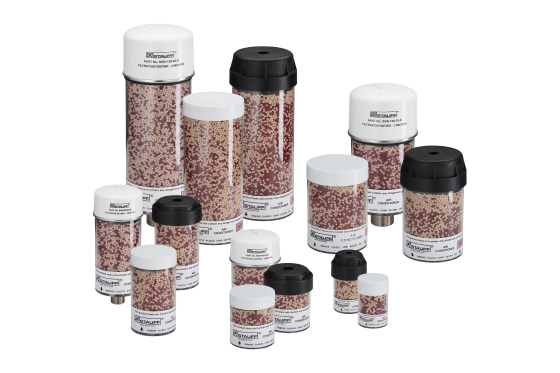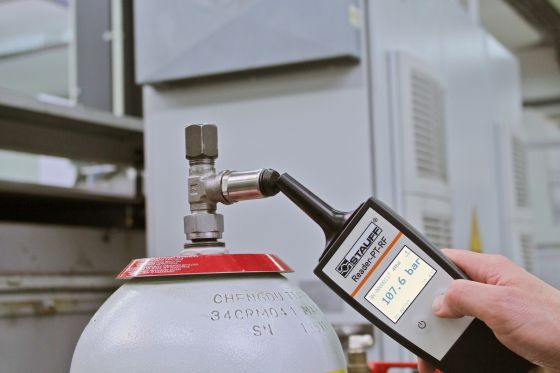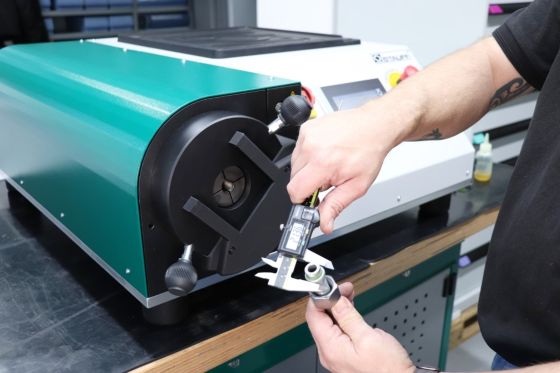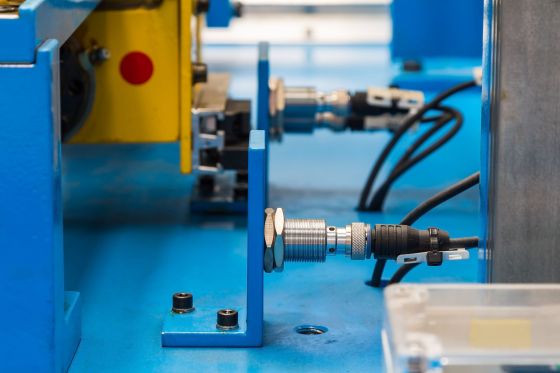What is the impact if water/moisture in particular is entering the hydraulic system?
Episode 3 of the STAUFF Miniseries "Is Your Hydraulic System Breathing Properly?"
Moisture or water will damage a hydraulic system! Our experts explain in the video why you have to change the oil more frequently if the hydraulic reservoir is not fitted with a dehumidifier:
Did you know: You can turn on subtitles by clicking the CC button at the bottom of the video.
Watch this and all other episodes of this STAUFF Minseries on Youtube instead.
What happens when water and moisture enter into a hydraulic system?
Moisture gets into the hydraulic system in particular when the system “breathes”. During operation, the hydraulic oil is compressed with the rhythm of the pump and then expands when the pressure drops again. This process causes air to alternate between being expelled from and drawn into the hydraulic reservoir. If the opening is not fitted with a dehumidifier, the moist air can enter unhindered. When this air cools down, its inherent moisture will condense on the surface of the reservoir. Even low temperature differences are enough to trigger condensation on the wall and cover of the reservoir. Temperature fluctuations are completely normal during machine operation and cannot be avoided. What starts out as visible water droplets will soon turn into obvious patches of rust. At this point, it is usually too late. The corrosion releases particles that contaminate the hydraulic oil and damage components in the system through abrasion.
This is compounded by hydrolysis, which also changes the consistency of the hydraulic oil itself: It ages more quickly and loses compressibility. Another unfavourable effect is that elastomers – which is what the seals in the system are made of – can swell when they come into contact with oil that contains water. This results in leaks in the system. In short: If hydraulic oil comes into contact with water, it has to be changed more frequently.
The costs of an oil change go far beyond the price of the hydraulic oil: The machines have to be shut down, and the used oil has to be removed and disposed of properly. The complete system is cleaned and serviced, which includes checking and the fasteners and seals and replacing them if necessary.
To make best possible use of the service life of the hydraulic oil as stated by the manufacturer and to avoid any additional expenditures, the opening of the hydraulic reservoir should be equipped with a dehumidifier.
Do you already use dehumidifiers in hydraulic systems?
Then share your experiences and leave a comment below this post.

Newsletter Subscription
Receive automatic e-mail notifications about new posts on the STAUFF Blog








